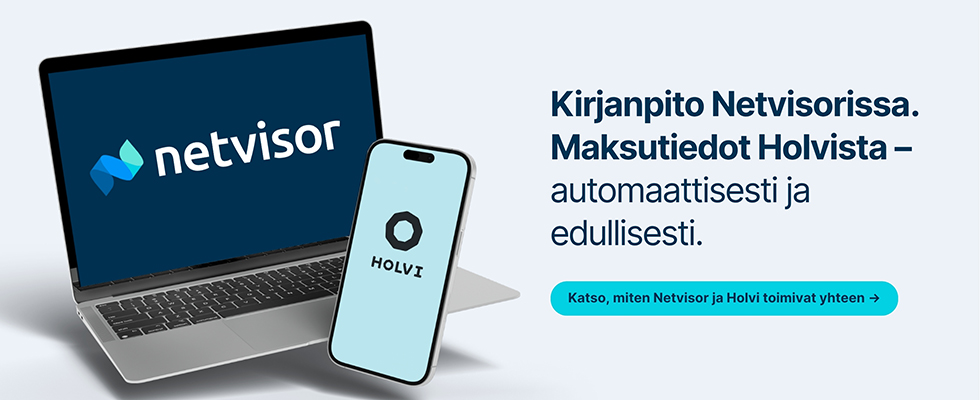The Future of Accounting
Tämän vieraskynän on kirjoittanut ilmainen ja kaikkien saatavilla oleva tekoälysovellus AI Writer, joka annetun otsikon perusteella käy läpi vastaavia tekstejä ja kirjoittaa näiden perusteella uuden artikkelin. Artikkelin kirjoittamiseen kului muutama minuutti.
AI Writer
Hanki rajaton lukuoikeus
Kirjaudu sisään tai tilaa Tilisanomat. Saat luettavaksesi uusimmat artikkelit ja arkiston, joka ulottuu aina vuoteen 2001 saakka sekä pääsyn Tilinpäättäjän tietopakettiin.
TILAA TILISANOMAT KIRJAUDU SISÄÄN



